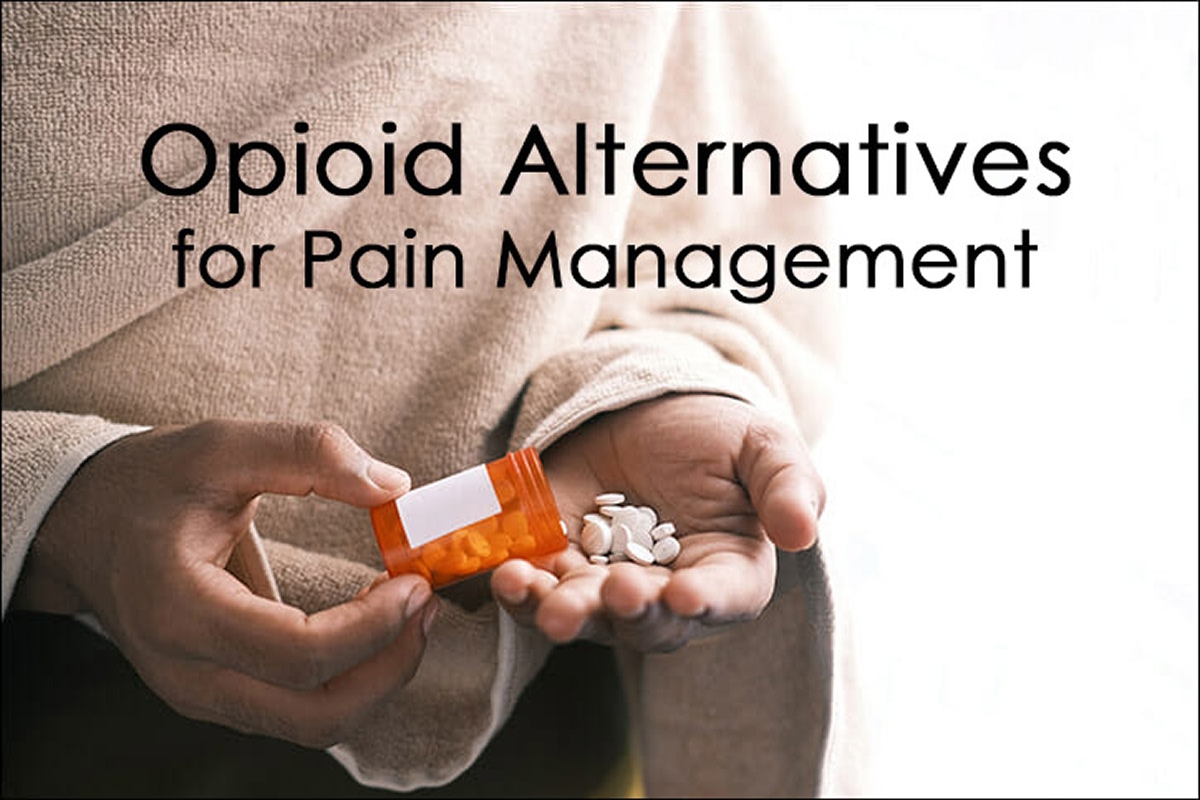Key Takeaways
- Tylenol and opioids are sometimes prescribed together to control pain more effectively.
- Long-term use of tylenol and opioids increase the risk of liver damage and addiction.
- 12 South Recovery offers expert care and support for individuals struggling with prescription drug misuse and opioid addiction.
Double Trouble or Smart Medicine
Tylenol and opioids are both used to manage pain, but they work in different ways. Tylenol (acetaminophen) helps reduce pain and fever, while opioids like oxycodone and hydrocodone are stronger and can be addictive. Doctors sometimes prescribe them together to improve pain relief while using smaller doses of opioids. This combination can be effective but also increases the risk of liver damage and addiction if misused. If you’re struggling with prescription painkillers, 12 South Recovery can help you take control and begin recovery.

What is Tylenol
Tylenol, known by its generic name acetaminophen, is one of the most widely used pain relievers in the world. It works by blocking pain signals in the brain and reducing fever. Unlike opioids, Tylenol doesn’t alter your perception of pain or cause euphoria.
Tylenol is available over the counter and is often recommended for mild to moderate pain such as headaches, muscle aches, or fevers. While generally safe, taking too much can cause liver damage, especially when mixed with alcohol or other medications that also contain acetaminophen.
What are Opioids
Opioids are prescription drugs that relieve moderate to severe pain by binding to opioid receptors in the brain and spinal cord. Common types include oxycodone, hydrocodone, morphine, and fentanyl. These drugs are highly effective but also highly addictive.
Opioids create a sense of euphoria that can lead to drug misuse and dependence. Over time, the brain begins to crave the drug just to feel normal. This is why the opioid crisis remains such a serious public health concern.
Can You Take Tylenol and Opioids
Yes, doctors sometimes prescribe Tylenol and opioids together because they work differently in the body. Tylenol targets pain through the brain’s temperature and pain centers, while opioids act on the nervous system’s pain receptors.
When used together, the combination can provide stronger pain relief without requiring high doses of opioids. This can help reduce the risk of addiction and side effects. However, this should only be done under medical supervision, as excessive use of either drug can cause serious harm, especially to the liver.
Does Tylenol Potentiate Opioids
The term “potentiate” means to make something stronger. Yes, Tylenol can potentiate opioids by enhancing their pain-relieving effects. This allows doctors to use smaller amounts of opioids while achieving the same level of relief.
While this combination can be effective, it comes with risks. The liver processes acetaminophen, and the body metabolizes opioids through the liver as well. Taking both increases the workload on this vital organ and can lead to liver damage if doses are not carefully monitored.
Tylenol and Opioids Key Differences
| Feature | Tylenol (Acetaminophen) | Opioids (Oxycodone, Hydrocodone) |
| Purpose | Reduces pain and fever | Treats moderate to severe pain |
| How it Works | Affects pain signals in the brain | Binds to opioid receptors in the brain and spine |
| Addiction Risk | Low | High |
| Prescription Needed | No | Yes |
| Common Side Effects | Liver strain, nausea | Drowsiness, constipation, dependency |
| Overdose Risk | Liver failure | Respiratory depression, death |
How Long After Giving Tylenol Can I Give Oxycodone
Doctors typically space Tylenol and oxycodone doses a few hours apart, depending on the formulation and dosage. Some medications already combine the two, such as Percocet, which includes both acetaminophen and oxycodone in one pill.
Never take extra Tylenol when you are prescribed a combination opioid medication. Too much acetaminophen can lead to liver failure. Always follow the directions given by your doctor or pharmacist.
What Are the Long Term Effects of Taking Tylenol and Opioids
Using Tylenol and opioids for long periods can have serious health effects. Chronic Tylenol use can damage the liver, while opioids can cause physical and psychological dependence.
Long-term opioid use can also change how your brain reacts to pain and pleasure. Many people find they need more of the drug to feel the same effects, a process known as tolerance. Eventually, this can lead to addiction or opioid dependence.
Other potential long-term effects include:
- Chronic constipation
- Hormonal imbalances
- Anxiety and depression
- Reduced immune function
These risks are why most doctors prescribe these medications for short-term pain only.
Why is Acetaminophen Added to Opioids
Acetaminophen is often added to opioids to improve pain control while minimizing the dose of opioids required. This combination helps patients get faster relief without increasing the risk of sedation or respiratory depression.
However, this pairing also makes misuse more dangerous. People who take higher doses of prescription painkillers to get “high” may unintentionally ingest toxic levels of acetaminophen. Over time, this can cause liver damage or even liver failure.
Why Would a Doctor Prescribe Tylenol and Opioids
Doctors may prescribe Tylenol and opioids together for short-term pain relief after surgery, injury, or dental procedures. The goal is to manage pain effectively while reducing the need for stronger opioids.
This method is part of what’s called “multimodal pain management.” It targets pain from multiple pathways using smaller amounts of each drug. When used correctly, it can be safe and effective but when misused, it can quickly become dangerous.
If you find yourself taking prescription painkillers longer than prescribed, it may be time to speak with a professional. 12 South Recovery provides supportive, client-centered care for individuals struggling with prescription drug addiction.
How to Recognize Prescription Drug Misuse
Recognizing early signs of drug misuse can prevent addiction. Warning signs include:
- Taking more medication than prescribed
- Running out of prescriptions early
- Doctor shopping for additional prescriptions
- Experiencing withdrawal symptoms
- Using drugs to cope with stress or emotions
If you notice any of these signs in yourself or someone else, seek help immediately. Prescription drug abuse can escalate quickly and lead to overdose or long-term dependence.
Treatment for Prescription Drug Addiction
At 12 South Recovery, our goal is to help individuals break free from prescription drug addiction and regain control of their lives. Our treatment programs address both the physical dependence and the emotional challenges that come with recovery.
Our services include:
- Detox to manage withdrawal safely
- Residential treatment for structure and stability
- PHP and IOP programs for ongoing therapy
- Individual and group counseling
- Holistic therapy to restore balance
- Relapse prevention and alumni support for long-term success
We use evidence-based therapies such as CBT, DBT, and EMDR to help clients understand their triggers and develop healthier coping strategies. Every treatment plan is built around the client’s needs and goals.
Finding Safe Pain Relief at 12 South Recovery
Mixing Tylenol and opioids can ease pain for a short time, but it also raises the risk of addiction and liver damage. Over time, misuse can lead to serious health problems that affect both the body and mind. It’s important to use these medications exactly as prescribed to avoid long-term harm. If dependence or misuse has already developed, getting professional help can make recovery possible. 12 South Recovery provides safe, effective support for anyone ready to overcome prescription drug addiction. Call 12 South Recovery Today!































